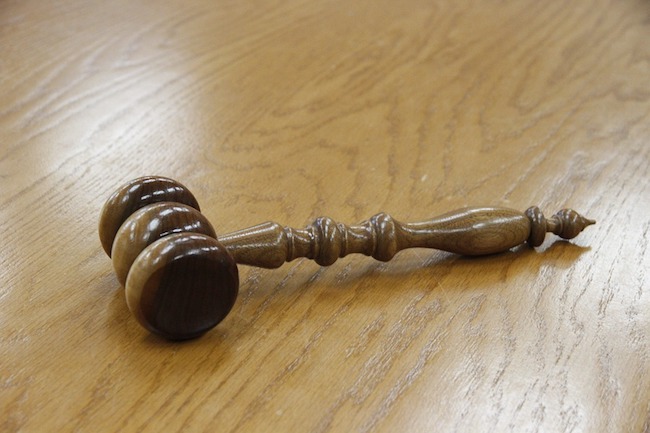Appeals Court Gives Big Win for Churches by LIBERTY COUNSEL via Charisma News
In a 3-0 opinion Saturday, the Court of Appeals for the Sixth Circuit granted an injunction for in-person church services in the case involving Maryville (Kentucky) Baptist Church and Pastor Roberts.
Last week on Saturday, May 2, the Sixth Circuit Court of Appeals granted an injunction for parking lot services for the church. The order was broad enough to cover in-person services, but due to the short time, the Court directed the lower district court to expedite a ruling on in-person services.
Last night, following the directive of the Court of Appeals, the federal district court granted an injunction for in-person services for Maryville Baptist Church. Now today, the same Court of Appeals granted an injunction for in-person services.
The court ruled that the church is likely to succeed on the merits of the First Amendment Free Exercise Clause and the Kentucky Religious Freedom Restoration Act.
The Court of Appeals wrote: “Keep in mind that the church and its congregants just want to be treated equally. They do not seek to insulate themselves from the commonwealth’s general public health guidelines. They simply wish to incorporate them into their worship services.”
The court said: “The governor has offered no good reason for refusing to trust the congregants who promise to use care in worship in just the same way it trusts accountants, lawyers and laundromat workers to do the same. Come to think of it, aren’t the two groups of people often the same people—going to work on one day and going to church on another? How can the same person be trusted to comply with social distancing and other health guidelines in secular settings but not be trusted to do the same in religious settings? The distinction defies explanation, or at least the governor has not provided one.”
Governor Beshear “can’t assume the worst when people go to worship but assume the best when people go to work or go about the rest of their daily lives in permitted social settings.”
The court wrote: “How are in-person meetings with social distancing any different from in-person church services with social distancing? Permitting one but not the other hardly counts as no-more-than-necessary lawmaking.”




